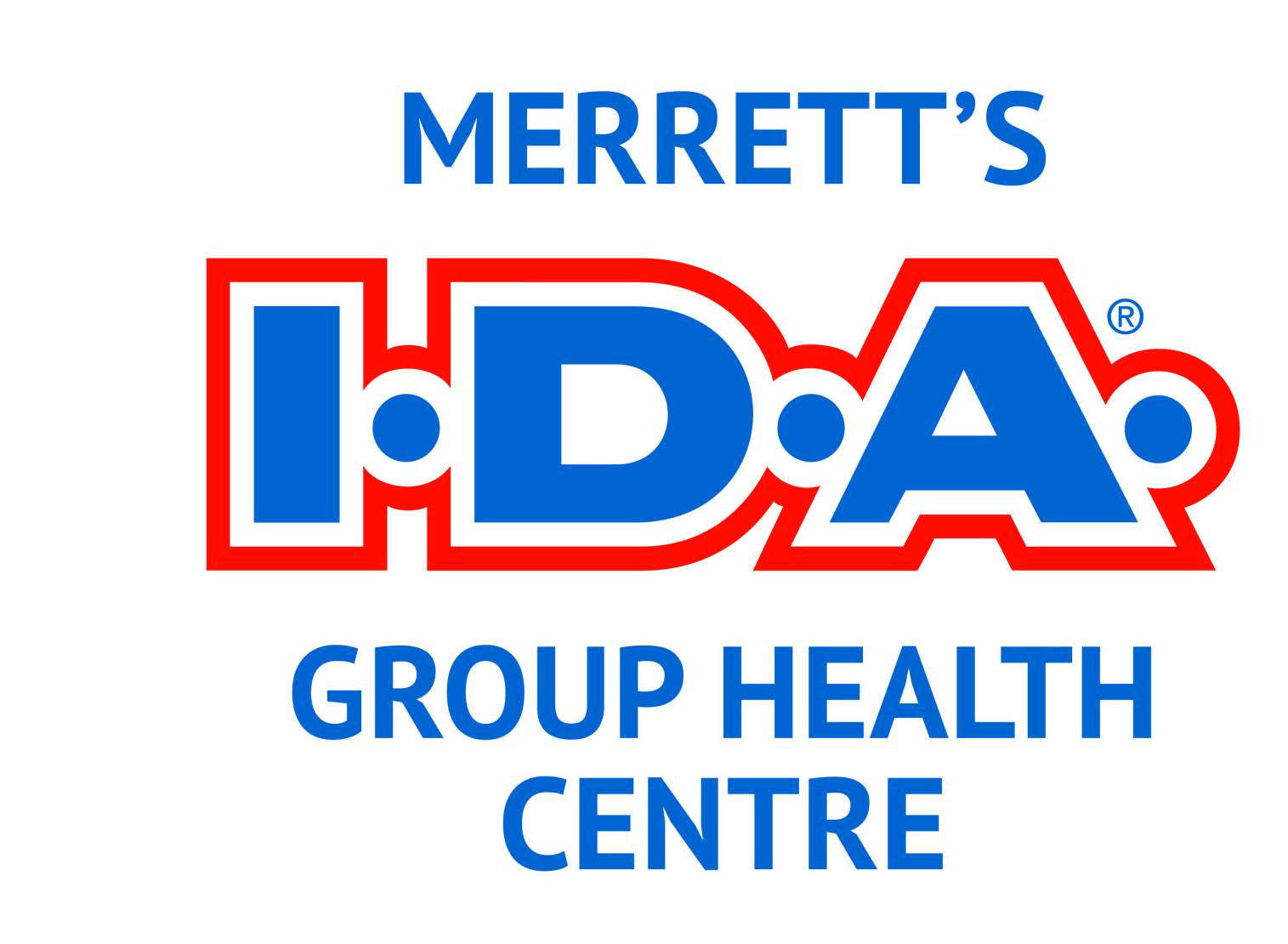Hemorrhoids
7 TIPS FOR PREVENTING HEMORRHOIDS
- 1. DRINK LOTS OF FLUIDS ON A REGULAR BASIS
Your body must be properly hydrated to be able to form stools with a consistency that makes them easy to pass, i.e., neither too soft nor too hard, and therefore easy to expel. It is recommended you drink 6 to 8 glasses of fluids a day (water, juice, tea, coffee, etc., but not alcoholic beverages) or enough to ensure your urine remains a very pale, yellow colour.
- 2. MAKE SURE YOUR DIET IS RICH IN FIBRE
Fibre is just as important as water in helping to form easy-to-pass stools. Make sure your daily diet includes fibre-rich foods such as fruits, vegetables, legumes, and whole grain products. If need be, consult a dietitian, who can help you improve your diet so that it meets Health Canada’s daily recommended fibre intake (women: 25 g / men: 38 g).
- 3. CONSIDER TAKING FIBRE SUPPLEMENTS, AS NEEDED
If, like most Canadians, you have trouble eating enough fibre-rich foods, talk to your pharmacist. He or she may suggest a fibre supplement that’s right for your needs. Be aware that it is essential to drink lots of fluids when taking these types of supplements, otherwise they can actually cause constipation rather than prevent it!
- 4. GO TO THE BATHROOM WHEN YOU FEEL THE URGE
If you ignore the urge to have a bowel movement, the urge will eventually subside, and may not be felt again until several hours later. In the meantime, your body will reabsorb the water in your stools, which will become drier and harder, and therefore more difficult to pass.
- 5. AVOID STRAINING
When you have a bowel movement, let your body do the work. If your stools are of a normal consistency, you shouldn’t need to strain much for them to pass. Whenever you strain by contracting your muscles or holding your breath, you increase blood vessel pressure in the anal region and increase the risk of developing hemorrhoids.
- 6. STAY PHYSICALLY ACTIVE
Regular physical activity offers several benefits in helping prevent hemorrhoids:
- It reduces the risk of constipation by promoting regular transit.
- It can help you attain a healthy weight. Excess body weight exerts pressure on your anal veins.
- 7. AVOID SITTING OR STANDING STILL FOR EXTENDED PERIODS
People who remain sitting or standing for long periods without moving, like cashiers, for instance, experience increased pressure on the anal blood vessels. Make sure to take regular breaks to stretch your legs.
For the same reason, avoid sitting on the toilet for too long.
If you have any questions about how to prevent or treat hemorrhoids, ask your pharmacist.
